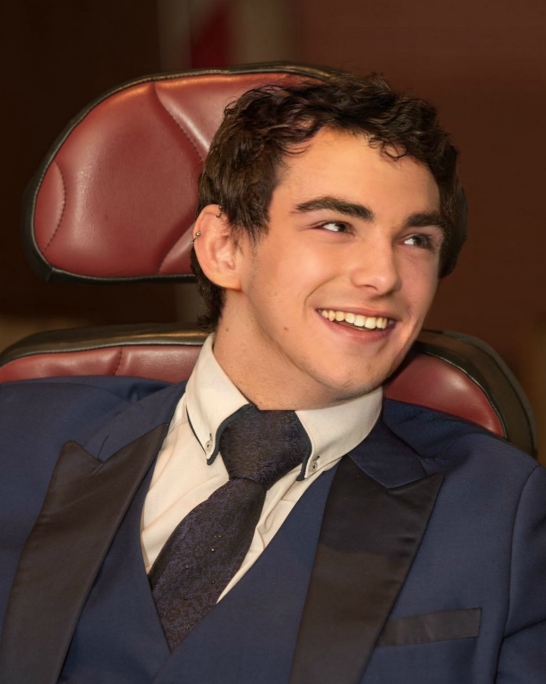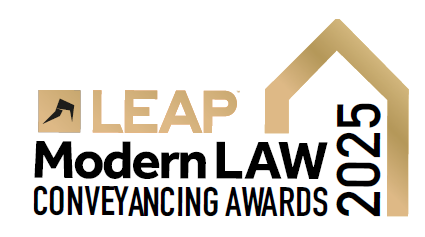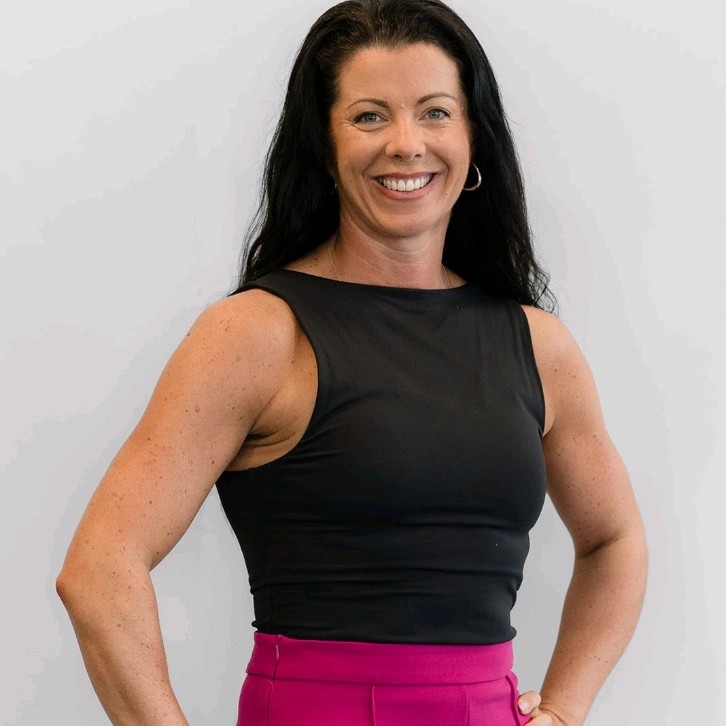
I was born in the 90s when thousands of disabled activists were utilising their protest rights. I have spent most of my life working towards entering the Bar, and being active in improving experiences of disabled lawyers. This has only been possible because of the marches, demonstrations, and radical action that introduced disability rights. It was a shock to realise that most of our legal equality and protections were achieved in my lifetime. I learned how intertwined my life was with the progress made by disabled people.
Disability rights groups influenced the government to introduce the Disability Discrimination Act 1995 (‘DDA’). Former Social Security Minister, Lord Mackay of Ardbrecknish, described the DDA as “the first comprehensive measure to tackle discrimination against disabled people.” The DDA introduced three primary forms of disability discrimination: direct discrimination, the failure to make a reasonable adjustment, and victimisation. Applying these new rights to employment, education, and public transport broke down barriers to the equality and integration of disabled people.
The DDA’s protections were significant, but we are human first. Whilst I was in Primary School, Tony Blair’s new Labour Government ‘brought rights home’ with the Human Rights Act 1998 (‘HRA’). One of the most impactful provisions was to make the European Convention of Human Rights applicable. Article 14 ensured disabled people had rights to life, liberty, protection from torture, degrading treatment, and more. The case of R (Bernard) v Enfield London Borough Council (2002) illustrates this impact. The claimants were husband and wife; the wife was a wheelchair user with significant impairments. Enfield Council had failed to provide accessible and appropriate accommodation, which forced the wife to go to the toilet on the living room floor. The Council breached the Right to Respect for private and family life, home, and correspondence under Article 8.
Following the HRA, I realised I wanted to be a barrister. I focused on achieving strong GCSEs and A-Levels. Meanwhile, the UK ratified UN Convention on the Rights of People with Disabilities. Whilst not directly enforceable in domestic courts, it has influenced how our laws are interpreted and how disabled people are treated.
During my A-Levels, disability rights in the UK were also advancing. Chiefly, the Equality Act 2010 was enacted. By rolling the DDA into the Act alongside other equalities legislation, disability was placed on an equal footing in law with other ‘protected characteristics’ such as age, gender, and race. I began to understand the impact this could have when I started studying law at Queen Mary University. Here, I chaired the Ability Society and was elected Disabled Students Representative. I changed our language around disability and secured £400,000 to make the campus more accessible. The latter was awarded Campaign of the Year. Despite support from the institution, my experience of society is that it we are still a long way behind in practice.
I struggled after leaving university in 2014. A lack of accessible housing led to a long battle with local authorities to provide temporary accommodation. I used this time to become active in disability rights nationally. I was elected a trustee of Disability Rights UK, a charity addressing inequality in education, employment, and independent living. I also joined Regard, which campaigns for disabled LGBTQ+ people.
Law and human rights were a keen interest, leading me to complete a master’s degree in Human Rights Law in 2016. Around this time, I became involved with ‘Legally Disabled?’. This project produced a ground-breaking report – the first to look at the experience of disabled people in the legal sector. It found that discrimination was rife, support was lacking, and community was needed. The conclusions of Legally Disabled? show the adversity disabled lawyers experience.
The lack of community and representation for disabled lawyers led me to found the Association of Disabled Lawyers (‘ADL’). Providing a community and a platform for disabled lawyers on our podcast ‘Disabled Lawyer and Proud’. We help organisations break barriers, working with the industry’s regulators, including the Law Society, Bar Council, and Bar Standards Board. We bring the passion and ethos of disability rights to our work, and it is effective. The ADL was nominated for “Outstanding Disability Network of the Year” in the 2023 British Diversity Awards.
I don’t believe disabled people will achieve equality in my lifetime, but we can make further progress in society and the legal professions. Both have made significant strides forwards, which gives me hope that the industry I dedicated most of my life to joining, will become a place where more disabled people can work.
Daniel Holt, Chair of the Association of
Disabled Lawyers, and a Pupil Barrister
at 39 Essex Chambers




